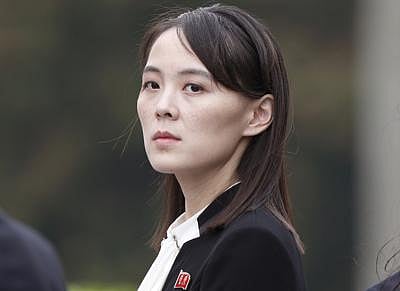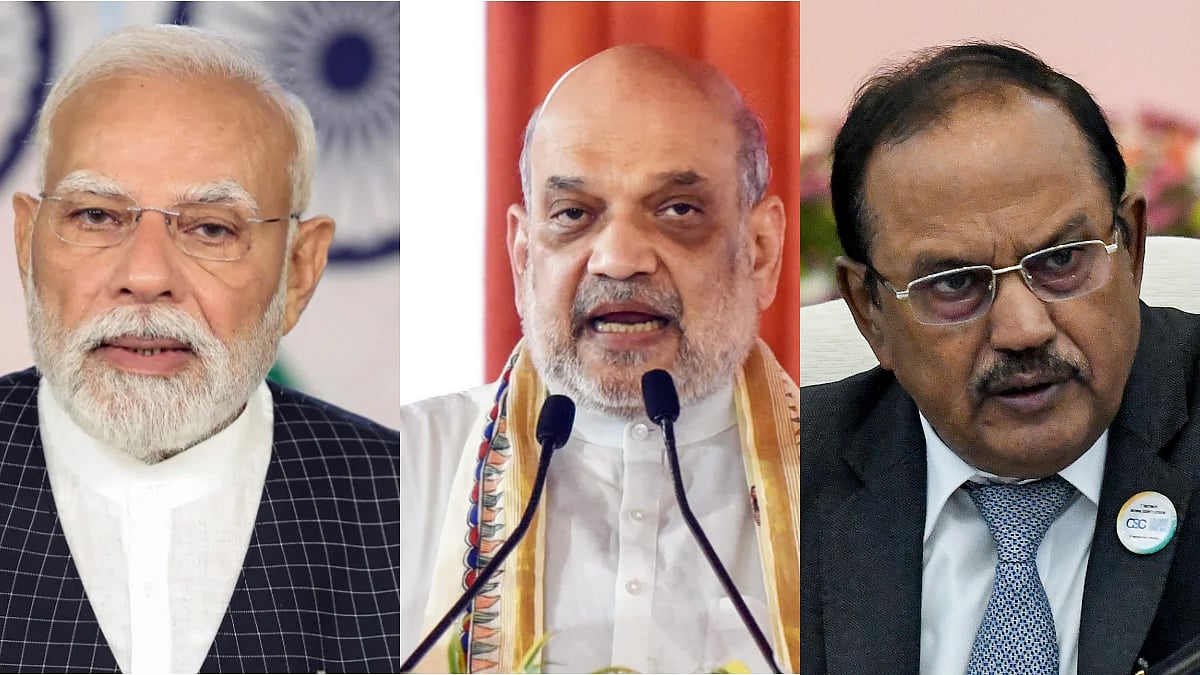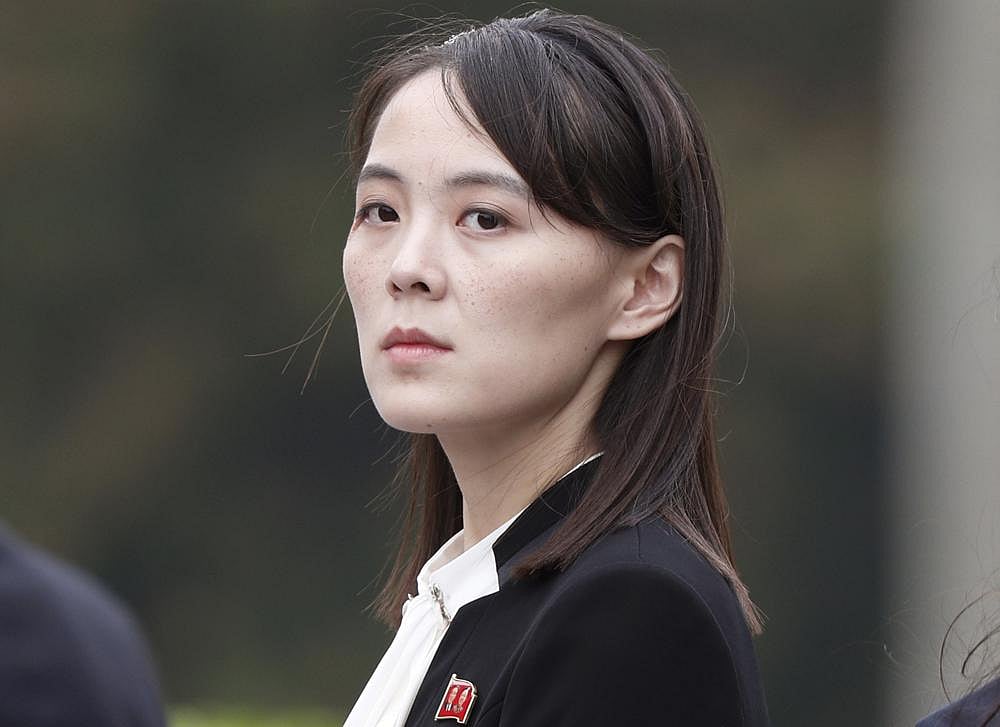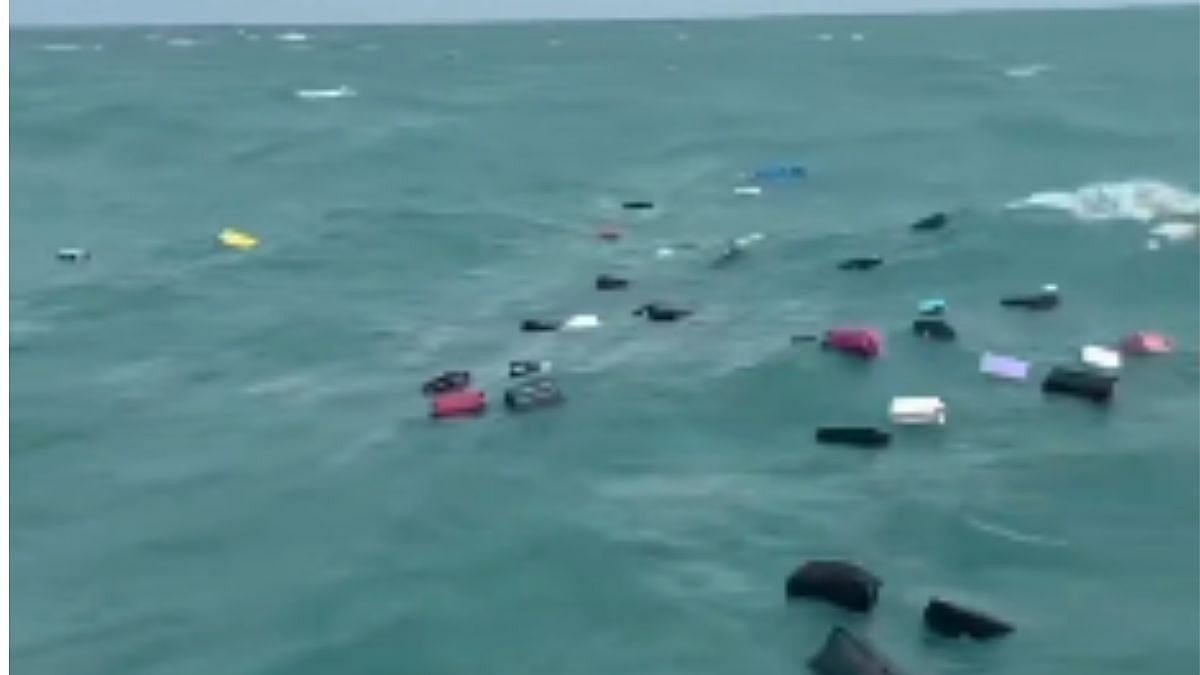For the second time this week, the powerful sister of North Korean leader Kim Jong Un berated South Korea for touting its supposed preemptive strike capabilities against the North, saying her country’s nuclear forces would annihilate the South’s conventional forces if provoked.
In a statement carried Tuesday by North Korea’s state media, Kim Yo Jong called South Korea Defense Minister Suh Wook’s recent comments about preemptive strikes a “fantastic daydream” and the “hysteria of a lunatic.”
She stressed that North Korea doesn’t want another war on the Korean Peninsula but warned it would retaliate with its nuclear forces if the South opts for preemptive strikes or other attacks, which would leave the South’s military “little short of total destruction and ruin.”
Earlier, she had called South Korea’s defence minister a “scum-like guy” for talking about preemptive strikes on the North, warning that the South may face “a serious threat”.
Kim Yo-jong’s statement on Sunday came amid heightened tensions between the rival Koreas over the North’s spate of weapons tests this year, including its first intercontinental ballistic missile launch in more than four years.
The ICBM test that broke North Korea’s four-year moratorium on big weapons tests was a huge embarrassment to South Korea’s liberal president Moon Jae-in, who has pushed hard to achieve greater reconciliation between the countries and find a peaceful resolution to the North Korean nuclear crisis.
Seoul has long maintained a pre-emptive military strategy to cope with North Korea's growing missile and nuclear threats, but it was still very unusual for a senior Seoul official under president Moon Jae-in's administration to publicly discuss it.
For some years, South Korea has been developing a “kill chain” system to launch preemptive strikes against North Korean nuclear sites in the event of war, and it appears to be accelerating this program.
The desire for a preemptive capability is understandable, but the South’s accelerating programs will aggravate North Korean threat perceptions, drive home the rationale for its nuclear program, and worsen crisis instability.










